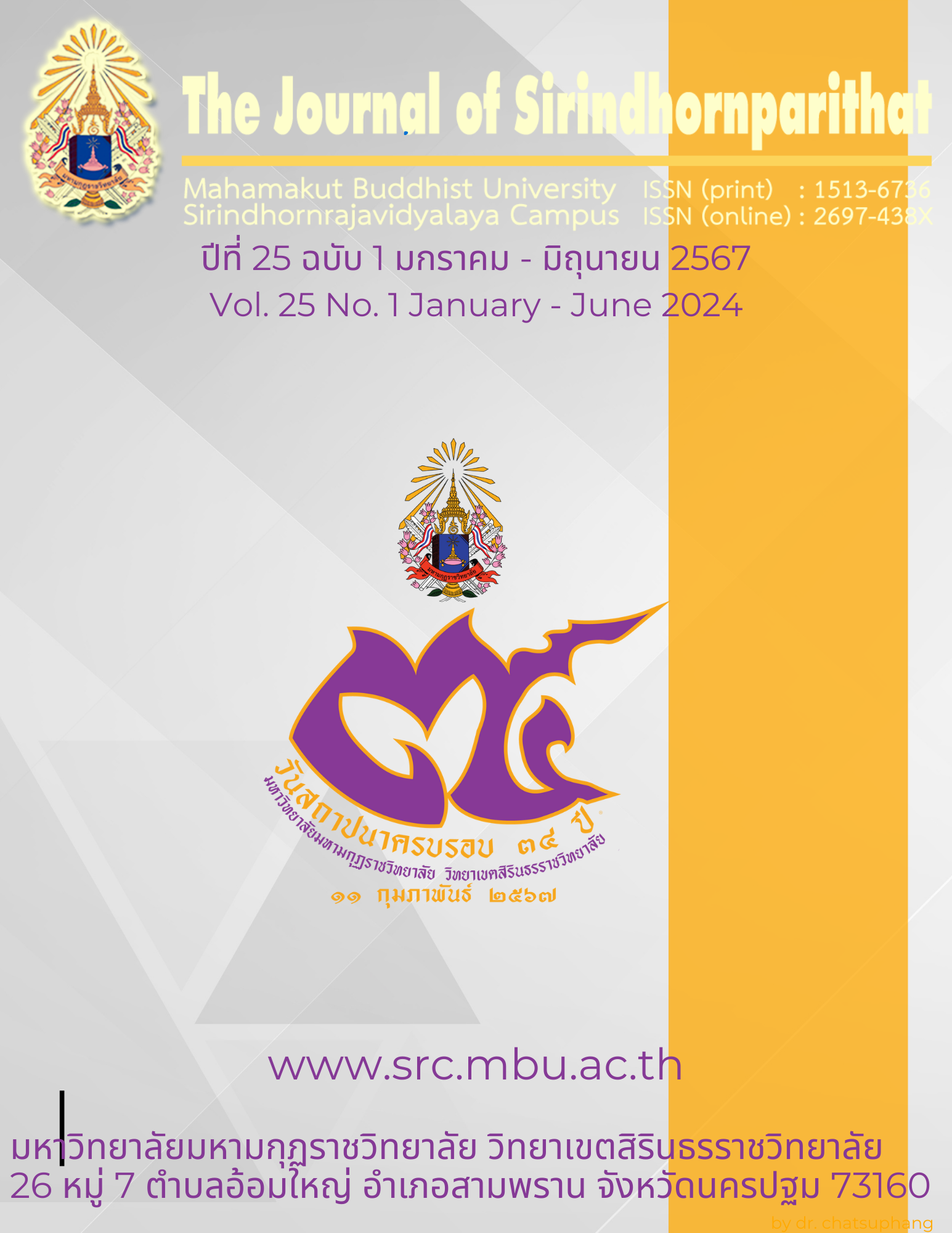Effectiveness of Shadow Education for College Students: Focusing on College Students of Art Majors in Shanxi Province, China
Keywords:
Shadow education, College students, Cognitive ability, ChinaAbstract
This study mainly aimed to examine the effectiveness of shadow education on college students’ cognitive ability by taking junior and senior students of art majors in Shanxi Province as the survey sample. To achieve this, OLS regression and PSM (Propensity Score Matching) methods were used to identify the effectiveness of shadow education on students’ cognitive ability. Quantile regression was employed to analyze the heterogeneous effectiveness of shadow education on students at different quantiles of cognitive ability. The results indicated that shadow education can improve the cognitive ability of art majors. Especially for students who have not participated in shadow education at present, if they take part in shadow education, their cognitive ability will be improved better. Students with lower and higher levels of cognitive ability appeared to benefit more from shadow education than those with moderate levels.
References
Bray, M. (1999). The shadow education system: Private tutoring and its implicationsfor planners. Retrieved from http://unesdoc.unesco.org/images/0018/001802/180205 e.pdf.
Bray, M., & Liu, J. Y. (2015). Research on extracurricular tutoring: Problems and methods. Peking University Education Review, 13(3): 2-16+187. doi:10.19355/j.cnki.1671-9468.2015.03.002.
Byun, S. Y. (2014). Shadow education and academic success in South Korea. In H. Park, & K. K. Kim (Eds.), Korean education in changing economic and demographic contexts. Dordrecht: Springer (in press). Downloaded June 11, 2013 from, https:// sites.google.com/site/sooyongbyunshomepage/research-2.
Cayubit, R.F.O., Castor, J.Y.S., Divina, E.J.S., Francia, R. M. S., Nolasco, R. T. P., Villamiel, A. J. E., Zarraga, M. T. G. (2014). A Q Analysis on the Impact of Shadow Education on the Academic Life of High School Students. Psychol Stud, 59(3): 252–259. Retrieved from https://doi.org/10.1007/s12646-014-0260-z
Hu, Y. M., Fan, W. F., & Ding, W. L. (2015). Does shadow education expand the inequality of educational results? An empirical study based on PISA 2012 Shanghai data. Peking University Education Review, (3): 29-46+188 doi:10.19355/j.cnki.1671-9468.2015.03.004.
Li, J. L. (2017). The heterogeneity effect of different types of shadow education on primary students’ academic achievement and its implication for educational inequality. Education Science, (5), 16-25.
Li, J. L., & Pan, D. D. (2020). The Determinants and Impacts of Private Tutoring in and out of School in Hong Kong. Education & Economy, (2): 49-59.
Liu, D. D.,& Yao, H. (2018) Research on the impact of extracurricular remedial study on the performance of junior high school students in different disciplines: based on the empirical analysis of CEPS (2013-2014). Education Research Monthly, (10): 57-63.
Wang, Y. F., Hao, Y., & Li, M. J. (2014). Research on the relationship between schoolwork burden and academic performance of primary school students. China Journal of Education, (10): 59-63.
Xu, Z. X. (2020). Does shadow education improve student achievement? Empirical evidence from CEPS. Journal of Schooling Studies, (2): 9-19.
Yamane, T. (1973), Statistics: An Introductory Analysis. London: John Weather Hill, Inc.
Zhang, X., & Zhang, L. (2017). Extracurricular education expenditure and students’ educational achievements: Empirical study based on CFPS micro-data. Economic Science, (4): 94-108.

Downloads
Published
Issue
Section
License
Copyright (c) 2024 Mahamakut Buddhist University

This work is licensed under a Creative Commons Attribution-NonCommercial-NoDerivatives 4.0 International License.
บทความที่ได้รับการตีพิมพ์เป็นลิขสิทธิ์ของ มหาวิทยาลัยมหามกุฏราชวิทยาลัย วิทยาเขตสิรินธรราชวิทยาลัย
ข้อความที่ปรากฏในบทความแต่ละเรื่องในวารสารวิชาการเล่มนี้เป็นความคิดเห็นส่วนตัวของผู้เขียนแต่ละท่านไม่เกี่ยวข้องกับหาวิทยาลัยมหามกุฏราชวิทยาลัย วิทยาเขตสิรินธรราชวิทยาลัย และคณาจารย์ท่านอื่นๆในมหาวิทยาลัยฯ แต่อย่างใด ความรับผิดชอบองค์ประกอบทั้งหมดของบทความแต่ละเรื่องเป็นของผู้เขียนแต่ละท่าน หากมีความผิดพลาดใดๆ ผู้เขียนแต่ละท่านจะรับผิดชอบบทความของตนเองแต่ผู้เดียว



